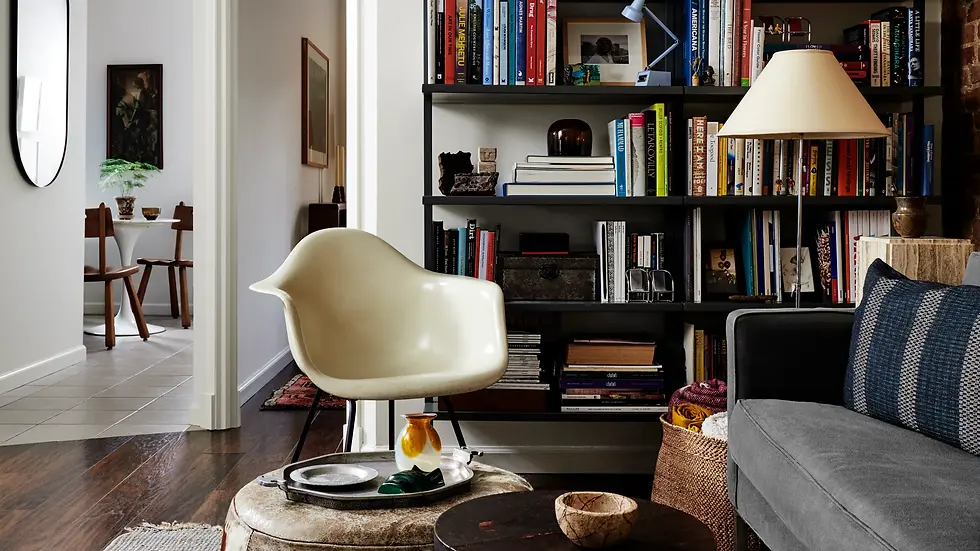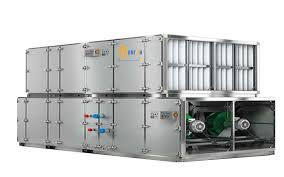How to Choose and Style the Perfect Office Bookshelf?
- cyruscrafts shop
- Mar 8, 2025
- 4 min read
An office bookshelf is more than just a storage solution—it plays a vital role in the aesthetics, functionality, and organization of your workspace. Whether you're designing a professional office, a cozy home workspace, or a corporate setting, selecting and styling the right bookshelf can enhance both productivity and visual appeal.
In this guide, we’ll explore how to choose the perfect office bookshelf, organize it effectively, and incorporate design elements that make it a functional yet stylish centerpiece.
1. Why Does an Office Bookshelf Matter?
A well-designed bookshelf is not just for storing books; it serves multiple purposes in a workspace:
Enhances Organization: Keeps books, documents, and office essentials neatly arranged.
Boosts Productivity: Reduces clutter, making it easier to find important materials.
Improves Office Aesthetics: A stylish bookshelf adds depth and character to any office.
Showcases Professionalism: A well-curated shelf can leave a positive impression on clients and colleagues.
2. Choosing the Right Office Bookshelf
A. Consider the Space Available
Before purchasing a bookshelf, measure the space where it will be placed. Consider factors like:
Wall-mounted vs. freestanding: Wall-mounted shelves save floor space, while freestanding units offer more flexibility.
Size and height: Tall bookshelves maximize vertical space, whereas shorter ones can double as storage cabinets.

B. Select the Right Material
Bookshelves come in various materials, each offering a different look and durability level:
Wood: Classic and sturdy, ideal for traditional office spaces.
Metal: Sleek and modern, perfect for contemporary office designs.
Glass: Minimalist and elegant, often used for high-end executive offices.
Laminate or MDF: Affordable and available in many styles.
More information: Maximizing Living Spaces with Wall-Mounted Bookshelves
C. Choose a Design That Matches Your Office
Your bookshelf should complement your office’s overall aesthetic. Some popular bookshelf styles include:
Open Shelving: Creates a modern, airy feel.
Closed Cabinets: Offers concealed storage for a clean look.
Ladder Bookshelves: A trendy option for creative workspaces.
Modular Shelves: Customizable and perfect for dynamic office settings.
3. How to Organize Your Office Bookshelf Efficiently
A cluttered bookshelf defeats its purpose. Use these tips to maintain a tidy and visually appealing shelf:
A. Categorize Your Books and Documents
Sort books by:
Genre or subject matter (e.g., business, design, technology).
Frequency of use (keep daily-use books within easy reach).
Color coordination (for a visually pleasing setup).

B. Mix Books with Decorative Items
A bookshelf filled only with books can look too monotonous. Balance it by adding:
Plants: Small succulents or potted plants add freshness.
Artwork or framed photos: Adds personality to the space.
Office accessories: Stylish bookends, sculptures, or decorative boxes.
C. Use Storage Baskets and Boxes
For a cleaner look, store office supplies, files, or small items in stylish baskets or boxes.
D. Maintain a Balanced Layout
Avoid stacking too many books horizontally.
Leave some empty space for a cleaner, more breathable look.
Use adjustable shelves to create different levels of storage.
4. Styling Your Office Bookshelf for a Professional Look
A. Create a Color Theme
A cohesive color scheme helps your bookshelf blend with the rest of your office décor. Consider:
Neutral tones for a modern, sophisticated feel.
Bold colors for a creative, energetic workspace.
Natural wood tones for a warm, inviting atmosphere.
B. Add Greenery for a Fresh Touch
Incorporating plants like pothos, snake plants, or ferns can improve air quality and add a vibrant touch to your office.
C. Use Lighting to Highlight Your Bookshelf
Install LED strip lights for a subtle glow.
Place a small table lamp on a nearby shelf for added warmth.
Use adjustable spotlighting to highlight specific sections.
D. Incorporate Personal Elements
Your office bookshelf should reflect your personality and professional interests. Display:
Awards or certificates.
Travel souvenirs.
Inspirational quotes or framed messages.
5. Bookshelf Ideas for Different Office Types

A. Corporate Office Bookshelves
For a professional setting, opt for sleek, built-in bookshelves with a mix of books, decorative items, and company memorabilia.
B. Home Office Bookshelves
Home offices allow more flexibility—consider floating shelves, corner bookshelves, or a multi-functional bookcase that also serves as a desk.
C. Minimalist Office Bookshelves
A simple, clean-lined bookshelf with a few curated books and minimal décor works best for a minimalist workspace.
D. Executive Office Bookshelves
For an executive office, opt for large, solid wood bookshelves with a classic, prestigious look. Leather-bound books, statement pieces, and elegant lighting enhance the space.
6. Maintaining Your Office Bookshelf
A stylish bookshelf requires regular maintenance. Keep it looking its best with these tips:
Dust weekly to prevent buildup.
Rearrange books and décor occasionally for a refreshed look.
Declutter every few months by removing unnecessary items.
Rotate decorations to keep the shelf visually interesting.
Final Words
A well-chosen office bookshelf enhances both functionality and aesthetics in any workspace. Whether you need extra storage, a professional backdrop for virtual meetings, or a statement piece for your office, the right bookshelf can transform your workspace.
By selecting a design that suits your space, organizing it effectively, and adding personal and decorative touches, you can create a bookshelf that is both practical and visually appealing. Keep it well-maintained, and it will continue to be a valuable feature in your office for years to come.



Comments